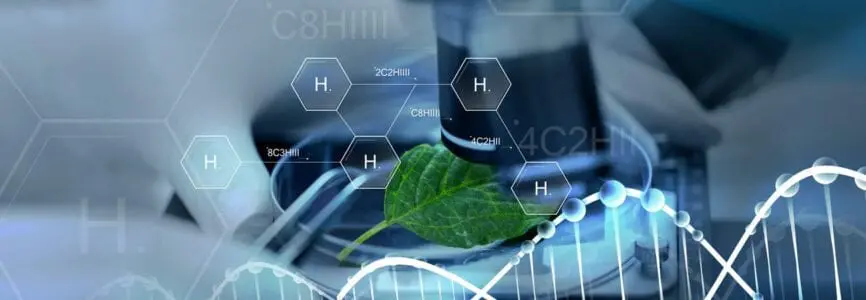Hastings Center News
Responsible Science in a Perilous Time: Hastings and Union of Concerned Scientists Join Forces
Climate change, nuclear proliferation, and the advancement of gene editing and other transformative biotechnologies pose enormous global challenges. How can we promote responsible science, good governance, and opportunities for public engagement at time when anti-intellectualism on the rise and society remains stubbornly polarized?
The Hastings Center and the Union of Concerned Scientists organized a public event in which scientists and bioethicists discussed their work and shared ideas for educating and engaging members of the public so that they can deliberate about what responsible science and good governance should be. “To ensure the benefits, we need to develop global and local forms of good governance. We need to embrace evidence,” said Hastings Center president Mildred Solomon in her opening remarks at the event, which took place at The Hastings Center on November 4. “We also need to think about ends – what kind of society do we want to build with our awesome new powers? What virtues and values should we preserve?” Solomon later spoke about the role of public engagement in making science policy.
Ken Kimmell, president of the Union of Concerned Scientists, noted that while people in the U.S. have long argued over politics, until recently they have mostly agreed about facts. “One antidote to this factual polarization is a meeting like this,” he said in opening remarks. Kimmell followed with a talk about envisioning the future of autonomous vehicles.
Other speakers and topics were:
Josephine Johnston, director of research at The Hastings Center: “Human Gene Editing and New Forms of Reproduction”
Peter C. Frumhoff, director of science policy at the Union of Concerned Scientists: “Climate Engineering and the Public Good”
David Wright, senior scientist and codirector of the Global Security Program at the Union of Concerned Scientists: “The North Korea Threat—and What to Do About It”
Gregory E. Kaebnick, a Hastings Center research scholar and editor of the Hastings Center Report: “Gene Editing in the Wild”
Watch highlights of the event.

